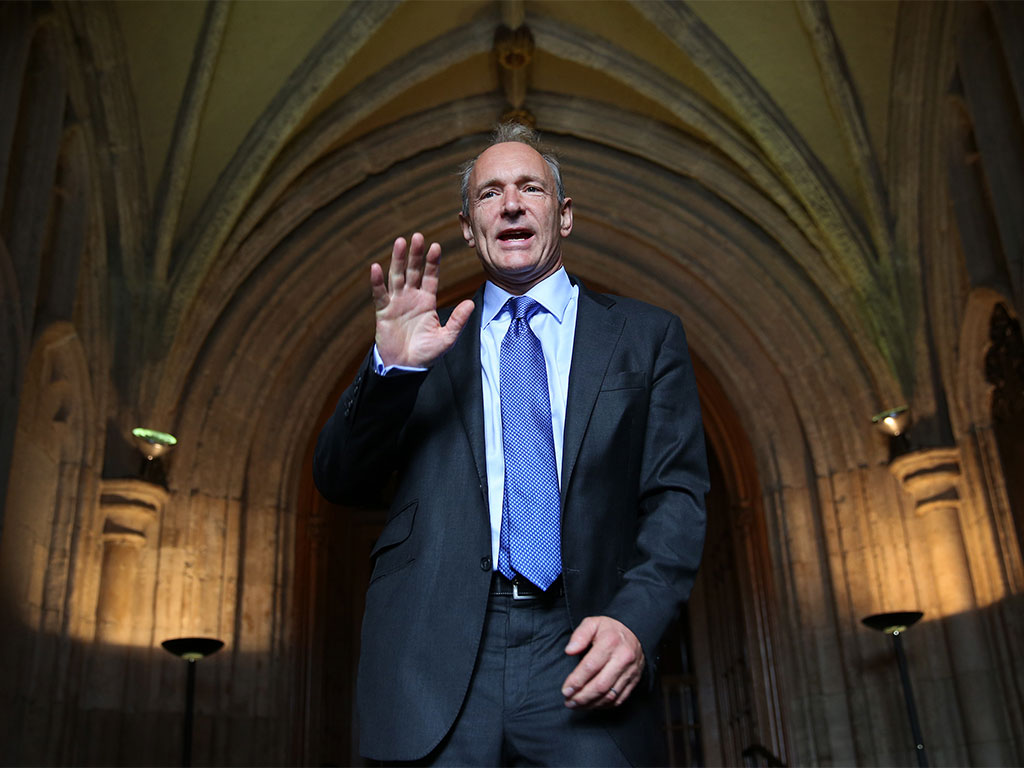US regulators plan to loosen net neutrality
The US FCC has announced a proposal to scrap Obama-era net neutrality laws in favour of lighter regulations

Sir Tim Berners-Lee is a vocal opponent of the FCC's plan to reduce net neutrality. Lee's original vision for the internet was as an egalitarian zone unfettered by capital-driven interests
April 26 saw Ajit Pai, the new Chairman of the US Federal Communications Commission (FCC), announce plans to scrap Title II net neutrality laws that were introduced in 2015 under President Obama. Pai called the existing rules “heavy handed”, and promised to implement looser, “light-touch regulation”. The FCC will vote on the proposals on May 18; Pai hopes to have them implemented by the end of the year.
Since 2015, ISPs such as AT&T, Comcast and Verizon have been classified as ‘common carriers’ by the US Government. This means that they fall under Title II of the Telecommunications Act, and are subject to tight regulations. Pai’s proposals would have the FCC reclassify ISPs as ‘information providers’, meaning that they would fall under Title I of the act. He also wants to prevent the FCC from adapting net neutrality rules to encompass services that ISPs have not yet introduced.
Pai’s proposals will make it much easier for ISPs to influence what users see online
“Nothing about the internet was broken in 2015”, said Pai. “Throughout the discussion that is to come, you will hear from the other side that Title II regulation is the only way to preserve a free and open internet. This is a lie.”
Pai’s proposals will make it much easier for ISPs to influence what users see online. They hope to overturn existing rules, which dictate that ISPs cannot block or throttle access to websites or offer ‘fast-lanes’ that see websites pay a fee for their sites to run quicker.
The new proposals will reopen the debate around net neutrality that swept the US just two years ago. In 2015, opinions were polarised between ISPs, which liked the idea of fewer regulations, and other interest groups, including websites such as Google, which did not.
Comcast welcomed Pai’s move, saying that a lighter approach could spur innovation and make broadband investment decisions much easier. Between 2014 and 2016, the US’ 12 biggest ISPs cut their spending on network construction by 5.6 percent, which cost between 75,000 and 100,000 jobs, Pai said.
In response to the announcement, Sir Tim Berners-Lee, inventor of the internet, said that Pai’s plan would see the FCC “step back and allow concentrated market players to pick winners and losers online”. He added: “Their talk is all about getting more people connected, but what is the point if your ISP only lets you watch the movies they choose, just like the old days of cable?”
Each band of the Telecoms Act incorporates a wide spectrum of different regulations. For example, under the current rules, the FCC does not apply conventional utility restrictions like pricing regulations to ISPs, despite applying them to other Title II services. As such, even if Pai does manage to reclassify ISPs under Title I, he will still have to fight hard to minimise the government’s presence in the market. Therefore, the degree to which ISPs will ultimately have to be ‘neutral’ will be determined by the strength of the FCC’s opponents over the coming months.













